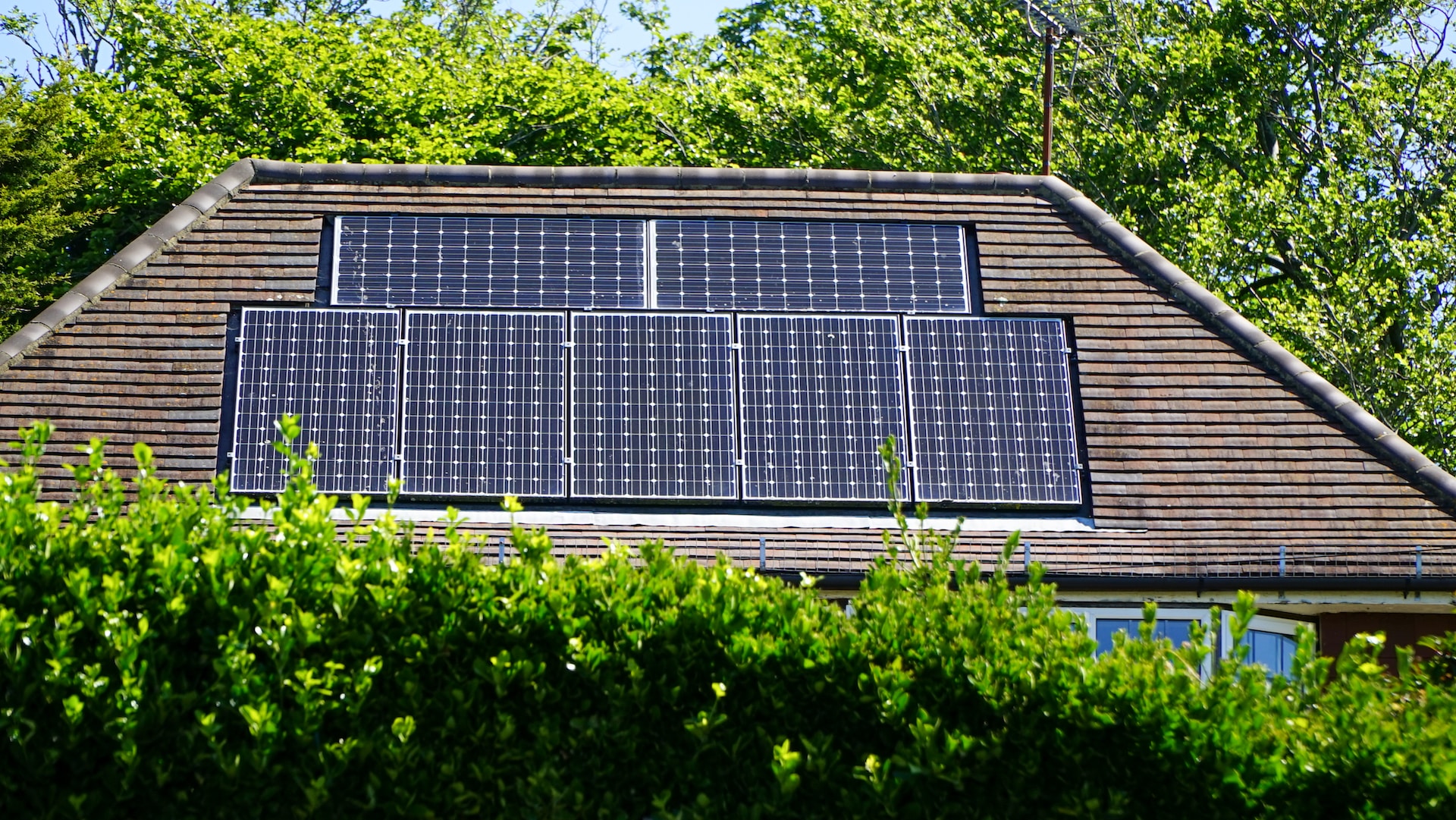

Question: What are the sustainability issues in the real estate industry?
Answer: Sustainability issues include energy efficiency, green building practices, and reducing environmental impact in real estate.
What are the Sustainability Issues in Real Estate Industry? Futureproofing Future Buildings
The growing global consciousness of our environmental footprint has put industries worldwide under scrutiny. One such industry is real estate, a sector with significant implications on environmental and social sustainability. The challenges faced by the real estate industry in implementing sustainable practices are multifaceted, stemming from regulatory, technological, and economic hurdles. This article seeks to delve deeper into these issues, examining their roots and effects on our environment.
The Problem of Energy Consumption and Efficiency
Residential and commercial buildings are among the largest consumers of energy globally, contributing significantly to greenhouse gas emissions. Inefficient energy practices and the persistent use of non-renewable energy sources are prevalent in the industry. Many properties lack energy-efficient designs and are characterized by poor insulation, outdated appliances, and inefficient heating and cooling systems. Energy-efficient buildings, though gaining some popularity, still face a slow adoption rate. This sluggish pace is primarily due to the perceived high initial costs and a general lack of awareness among end-users about the long-term benefits of energy-efficient properties. [ 1 ]
Click the link to find out how to get a free home evaluation Melancthon
Related Article: What are Environmental Disclosure Requirements in Real Estate Transactions?
Related Article: What are Environmental Forces Impacting Real Estate?
The Challenge of Water Management
Water management is another significant sustainability issue that the real estate industry grapples with. Inefficient water systems, the absence of water recycling measures, and an over-reliance on municipal water supplies plague the sector. Many buildings lack the incorporation of sustainable features such as rainwater harvesting or greywater recycling systems. These oversights lead to considerable wastage and overutilization of water resources, putting further strain on our already scarce water supplies.
Related Article: What are the Effects of Natural Disasters on Property Value?
Related Article: How Much Does Flood Damage Affect the Value of a House?
Related Article: What Natural Disasters Cause the Most Property Damage?
Materials and Waste Management: An Overlooked Issue
The construction phase of real estate development is often associated with substantial waste generation. The sourcing of construction materials frequently lacks sustainability, with little regard for the environmental impact. Furthermore, waste from construction often goes unmanaged, with inadequate recycling measures in place. It’s essential for the sector to pivot towards more responsible sourcing of materials and improved waste management practices. These practices could include a stronger focus on recycling and a concerted effort to minimize construction waste.
Related Article: What is the Difference Between Property Damage and Physical Damage?
Related Article: Do Walls Need to Be Replaced After Flood?
Related Article: How Long Does Water Have to Be on the Floor to Cause Damage?
Land Use and Biodiversity: A Delicate Balance
The real estate industry’s impact on land use and biodiversity is considerable. Rapid and often unchecked urbanization leads to the destruction of natural habitats, a loss of biodiversity, and increased land pollution. There’s a pressing need for more conscious, deliberate planning that aims to preserve natural environments and promote biodiversity. Real estate development should strive for a balance between necessary development and the preservation of our ecosystem.
The Journey Towards Sustainability: Obstacles and Potential Solutions
The path towards a more sustainable real estate industry is filled with challenges. It requires navigating regulatory complexities, managing financial implications, raising awareness, and keeping up with technological advancements. Nevertheless, the industry also possesses a wealth of potential solutions and strategies.
Establishing Robust Regulatory Frameworks and Incentives
Regulatory frameworks can play a pivotal role in advancing sustainability. Government policies and incentives can provide the necessary encouragement for the adoption of sustainable practices. Such measures could include regulations around energy efficiency, water management, and sustainable construction practices. Furthermore, incentives could be offered to buildings that meet specific sustainability criteria, thus encouraging wider participation in sustainable practices.
The Power of Education and Awareness
Education and awareness form the backbone of any significant change, and sustainability in real estate is no exception. Developers, investors, and end-users need to understand the importance of sustainability and the long-term benefits it brings. Education isn’t merely about informing; it’s about creating a shift in mindset that values sustainable practices as a norm rather than an exception. This shift can lead to financial benefits, improved living conditions, and a substantial decrease in environmental impact.
Technological Innovations: A Game Changer
Technological innovations hold immense potential in the path towards sustainability. From energy-efficient appliances and systems to water-saving technologies and innovative construction techniques, technology can drastically minimize waste and promote efficiency. The integration of smart home technologies can also play a part in managing resources better, providing homeowners with real-time data on energy and water usage, and suggesting ways to reduce consumption.
For more information please visit jenjewell.ca
Conclusion: The Road Ahead
The real estate industry’s role in our environment and society is significant and undeniable. While the challenges in achieving sustainability are considerable, they are not insurmountable. With a comprehensive understanding of these issues and a committed approach towards solutions, the industry can contribute to a more sustainable future. It’s crucial to remember that the road to sustainability is a journey, not a destination. With each step taken, the industry moves closer to a model that not only values profit but also cherishes and protects the world we call home.
References
1. https://www.pwc.com/ca/en/industries/real-estate/emerging-trends-in-real-estate.html


